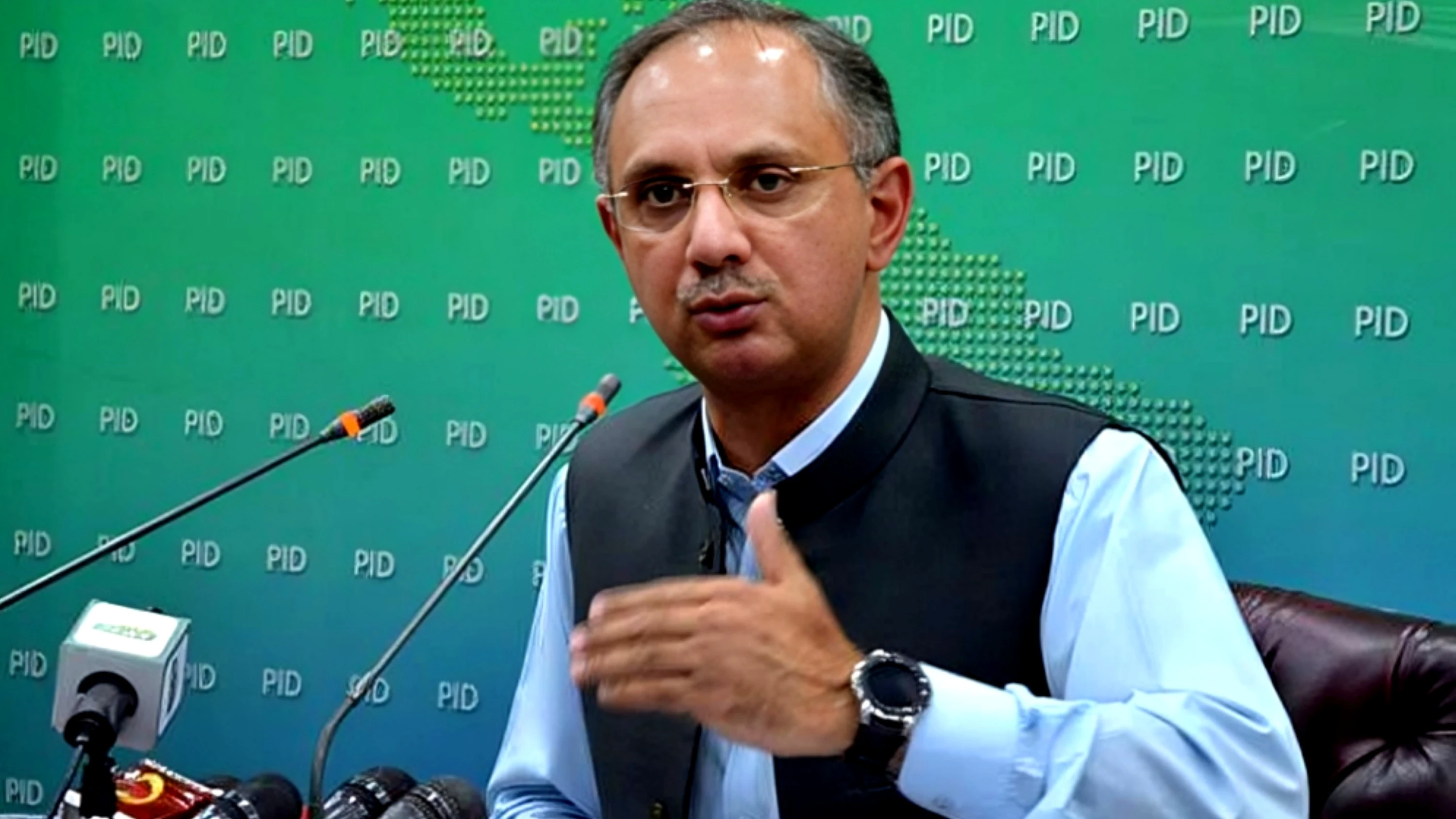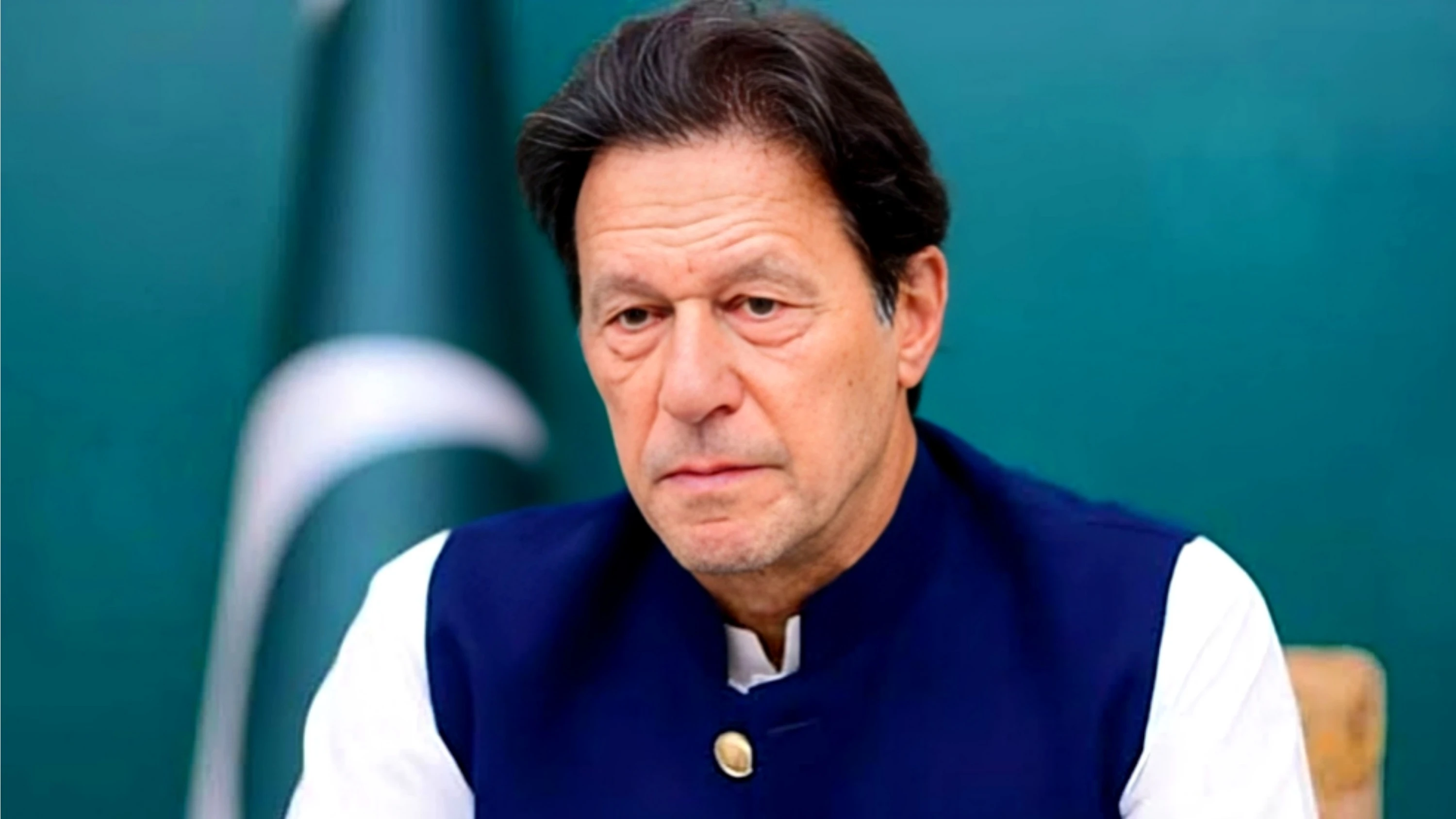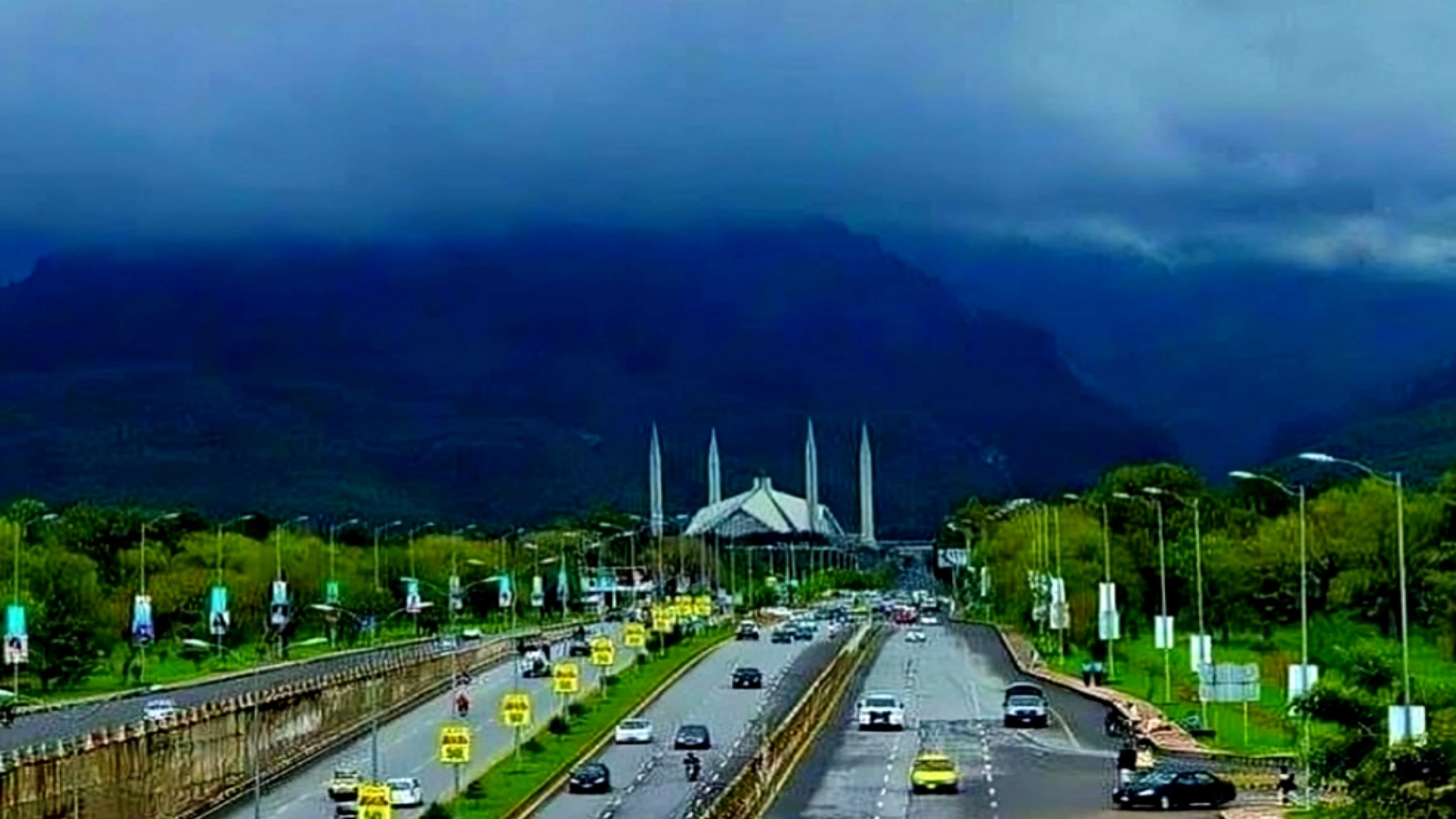Islamabad: According to the Freedom Network's annual Freedom of Expression and Media Freedom Report 2025, Pakistan’s media landscape stands at a critical crossroads, facing existential threats amidst increasing restrictions, deteriorating security, and job insecurity.
The report, titled "Freedom of Expression and Public Interest Journalism Under Siege", highlights that the crisis intensified in January 2025 following amendments to the Prevention of Electronic Crimes Act (PECA). These amendments have made it easier for authorities to arrest, fine, and imprison journalists and dissenters.
The situation is described as unprecedented in Pakistan’s media history, with Freedom Network Executive Director Iqbal Khattak warning that it endangers the very foundation of democracy, as the state has become more intolerant of tough questions than ever before. Authored by Adnan Rehmat, the report reviews the status of freedom of expression and media freedom in Pakistan from May 2024 to April 2025.
The report states that shrinking space for media reflects broader challenges to press freedom in the country. According to co-author Iqbal Khattak, the diminishing space means that citizens have significantly reduced access to the information they need. During the period under review, five journalists were killed—three in Sindh and two in Khyber Pakhtunkhwa—while at least 82 journalists and media professionals faced various threats.
Khyber Pakhtunkhwa emerged as the most dangerous province for journalists with 22 recorded cases, followed by Islamabad with 20, Punjab with 18, Balochistan with 4, and Azad Jammu & Kashmir with one case. At least 14 journalists faced legal cases, most under PECA, and eight were either arrested or detained.
The report identifies key issues such as increased censorship, legal restrictions, violence against journalists, the impact of misinformation on the integrity of media and its defenders, challenges faced by women media practitioners, political polarization, and the safety of journalists as critical threats to freedom of expression and press freedom.
While women’s representation in media has improved over time, significant inequality remains. Despite inadequate representation in numbers, women remain active across various media platforms including print, television, radio, and digital.
The report calls for a national movement to uphold the constitutional guarantees of free expression and to challenge state policies and actions that infringe on fundamental rights. It also urges greater engagement and inclusion from the public and civil society to strengthen this movement.
Additionally, the report recommends building national consensus among key stakeholders on a new charter of digital rights for Pakistani citizens. This charter should guarantee constitutional protections online equivalent to those offline, and ensure access to quality internet and digital rights, including freedom of expression in the digital space.








